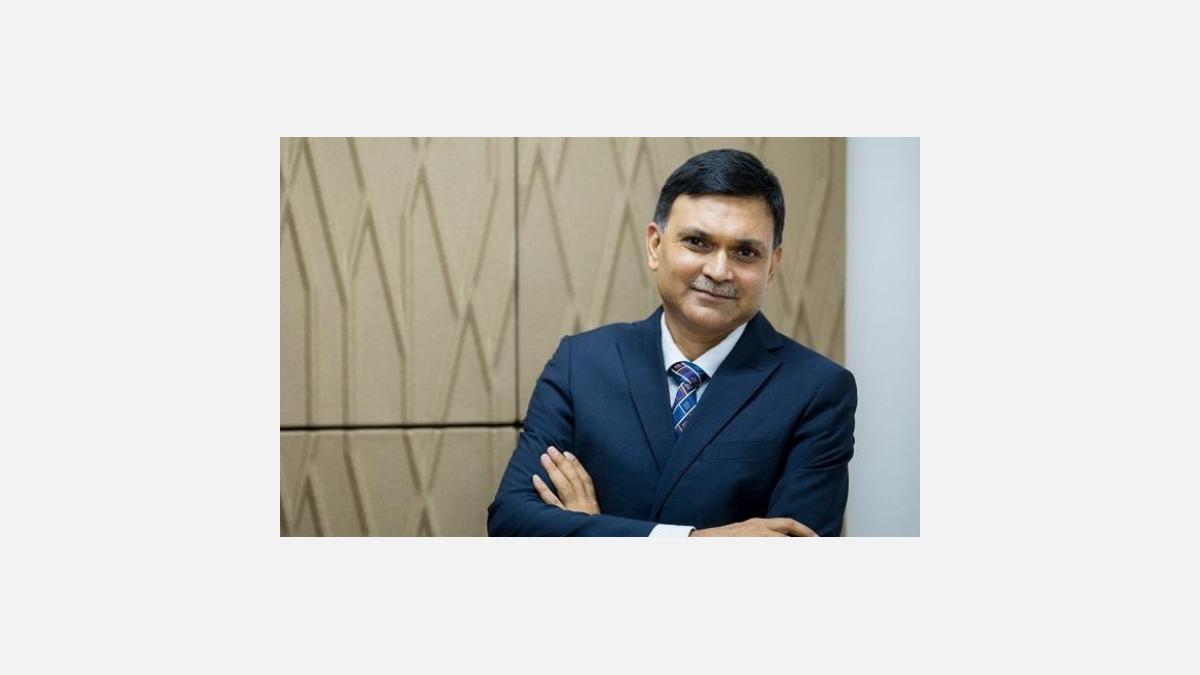Companies news
Ashwin Yardi To Be Capgemini India CEO, Replacing Srinivas Kandula Who Will Be Chairman
Bengaluru: Capgemini is restructuring its top deck in India, bringing in a technologist & consultant to lead day-to-day operations, in place of the HR specialist who led the company for the past three years.
The French IT services company announced on Tuesday that CEO Srinivas Kandula will now be the chairman of the India operations, and Ashwin Yardi, COO for India and global lead for industrialisation & intelligent automation, will replace Kandula as CEO. India is central to Capgemini’s operations, accounting for 1.06 lakh of its 2.08 lakh employees globally. No other major non-Indian IT services company has such a high proportion of its employees in India.
Yardi, who has been with Capgemini since 2001 and who was with PriceWaterhouseCoopers prior to that, will now also be a part of the 24-member group executive committee (GEC) of Capgemini that sets the strategic direction for the group. Aruna Jayanthi, who was formerly the India operations head and who is now the head of Latin America and Asia Pacific operations, is a part of GEC.
In a reflection of India’s importance in the group, Capgemini has also appointed two COOs for India – Antoine Imbert, former practice head – insights & data, France, and Arul Kumaran Paramanandam, former head of operations and delivery for the banking & capital markets business unit.
Imbert will be responsible for practices and transformation. He will lead application practices with focus on capabilities, methods and tools transformation. He has relocated from France to Mumbai.
Kumaran will be in charge of operations, delivery and competitiveness.
The double COO model is a replication of the company’s global model. Last year, Capgemini had appointed Thierry Delaporte and Aiman Ezzat as COOs for the firm. Delaporte is also non-executive director for Capgemini India and has direct oversight of the India operations.
In his new role, Kandula is responsible for board governance, branding and relationship with key stakeholders. Kandula, who was previously head of HR at Igate, the company that Capgemini acquired for $4 billion in 2015, will also take charge of a new group HR initiative. He will work with the company’s top executives – VPs who are group position holders – to develop a global leadership pipeline. In this, he will collaborate with global business leaders in Capgemini.
“It’s the right time for the change. I have done three years as CEO. Ashwin is a natural successor for the CEO role. I’m building a leadership framework for top talent in terms of succession planning and developmental leads, while holding governance and responsibility of India,” Kandula said.
Yardi said he would be taking forward five priority areas set for the India business. “We want the India team to be at the forefront of tech – ready with capabilities and skills to align our delivery to newer technologies. We want to accelerate innovation at scale. Towards this, we have appointed Nisheeth Srivastava, someone with startup experience, as our chief innovation officer. We want to deepen our competitiveness. We want India to become the talent hub for the group across roles – account managers, delivery managers – and drive a unified go-to-market from here. And finally, we want to focus on our CSR initiatives,” Yardi said.
Yardi said his buyers are changing and it’s no longer only the CIOs. Buyers include others like chief marketing officers and chief product officers. “The speed of delivery is changing radically and to cater to that we are increasingly building customer-facing and consultative skills. We are training people on the first principles of integration, and not just on new products, so that whatever be the new product or programming language, they would understand the basic logic. Today you require agile delivery, which means a lot more tech backbone, automation and extensively building knowledge-based delivery solutions across sectors. We have started leveraging AI to help our consultants search, harvest and harness whatever resources are there within the firm for rapid prototyping, and to understand the proximity to customers,” he said.
Capgemini’s revenue growth has picked up this year. The digital and cloud portfolio now represents 42% of its revenue and is growing at over 20%. Margins remain low compared to the Indian IT services companies. Asked about this, Kandula said different companies have different models, and he thinks Capgemini’s is more long-term sustainable. Part of the margin difference, he said, is because of the higher offshore presence for India-based companies. “We have 55% offshore presence, some others (India-based companies) have 85%. With growing protectionist sentiments, 80%-85% of employees concentrated in one country is not good for the business. It will hit the business at some point of time. Not everybody likes the market economy, it’s not built for social justice,” Kandula said. He said the greater onsite presence that Capgemini has is particularly good now, given the need for proximity to the customer.
Capgemini, which counts GE, McDonald’s and Volvo among its key customers, competes in Europe with those like France’s Atos, which recently bought Syntel for $3.4 billion, giving it a stronger North America presence, especially in the BFSI space. Syntel also brought in a 23,000-strong workforce.
Source : The Times Of India













